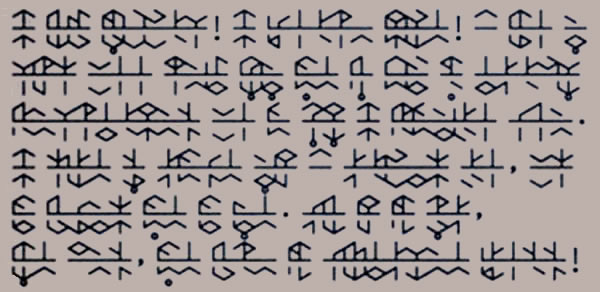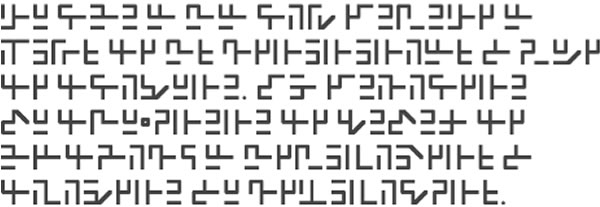Podcast: Play in new window | Download
In this Adventure we’re unravelling the origins of the word wicker.
- A flexible branch or twig of a plant such as willow, used in weaving baskets and furniture.
It comes from Middle English wiker (wickerwork), possibly from Old Norse veikr (pliant, weak), from Proto-Germanic *waikwaz [ˈwɑi̯.kʷɑz] (weak, soft, pliable), from *wīkwaną [ˈwiː.kʷɑ.nɑ̃] (to yield, fold, retreat) from Proto-Indo-European *weyk- (to bend, curve, divide) [source].
Words from the same PIE roots include week, weak, province and cervix in English; Wechsel (change, bill of exchange) in German; växel (change, bill of exchange, switch, gear) in Swedish; fois (time) in French; and vez (time, instance, place, turn) in Spanish [source].
Incidentally, the Middle English word woke [wɔːk/wɑːk], which meant weak, feeble, helpless, unimportant or bendable, comes from the same roots, as did the word wocnesse [ˈwɔːknɛs] (vulnerability to sin or iniquity, lack of fighting skill) [source].
They are not related to the modern usage of woke, which is an abbreviation woken (up), and originated in African-American vernacular as meaning awake, conscious, alert, well-informed, especially in racial and other social justice issues. It is often used in a dergatory way about anyone who holds views that are disliked by the person using it [source].
Here’s a video I made of this information:
Video made with Doodly [afflilate link].
I also write about words, etymology and other language-related topics on the Omniglot Blog, and I explore etymological connections between Celtic languages on the Celtiadur.
You can also listen to this podcast on: Apple Podcasts, Amazon Music, Stitcher, TuneIn, Podchaser, PlayerFM or podtail.
If you would like to support this podcast, you can make a donation via PayPal or Patreon, or contribute to Omniglot in other ways.













